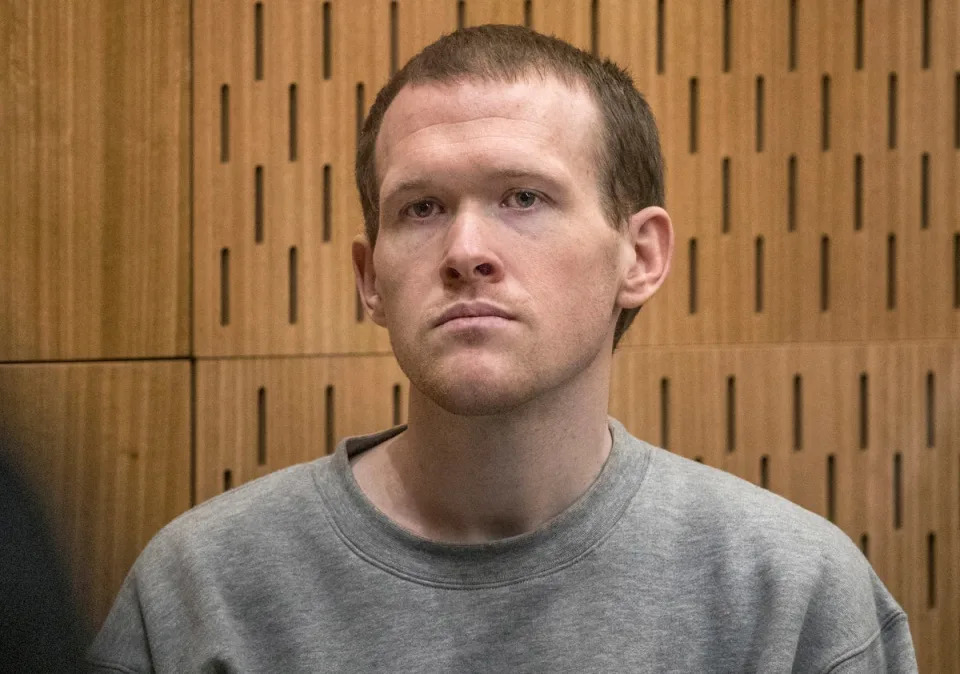The man who murdered 51 Muslims during New Zealand’s deadliest mass shooting has appealed his conviction and sentence.
The New Zealand Court of Appeal confirmed on Tuesday that Brenton Tarrant had lodged his appeal last week. He had not yet set a hearing date, the court said.
Tarrant, a white supremacist, shot at worshipers at two Christchurch mosques during Friday prayers in March 2019. Dozens of people were seriously injured in the attack, which he livestreamed on Facebook.
The following year, Tarrant pleaded guilty to 51 counts of murder, 40 counts of attempted murder, and one count of terrorism. He was sentenced to life in prison without the possibility of parole, the maximum sentence possible in New Zealand.
Details of his appeal were not made public at first.
But in earlier court documents, Tarrant, 32, claimed he had suffered “inhuman or degrading treatment” when he was held in solitary confinement for months after the shooting, preventing a fair trial. He said that he had only pleaded guilty under duress.
Tarrant fired one of his attorneys in 2021 and it was initially unclear if another attorney was representing him on his appeal or if he was representing himself.
Temel Atacocugu, who survived being shot nine times in the Al Noor mosque attack, told Stuff that the appeal was nothing more than a game and attention-seeking by the assailant.
“I would like to tell him to grow up, be a man and die quietly in prison, because that is what he deserves,” Atacocugu said.
Prime Minister Jacinda Ardern said that she had long ago promised not to say the name of the terrorist in public.
“His is a story that should not be told and his is a name that should not be repeated and I will apply that same standard to commenting on his attempts to re-victimize people,” she Ardern said. “We shouldn’t give him anything.”
The attacks prompted New Zealand to quickly pass new laws that banned the deadliest kinds of semi-automatic weapons. In a subsequent buyback program, gun owners turned over 50,000 guns to police. The attacks also sparked global changes in social media, as technology companies tried to quickly prevent or stop live broadcasts of future attacks.

